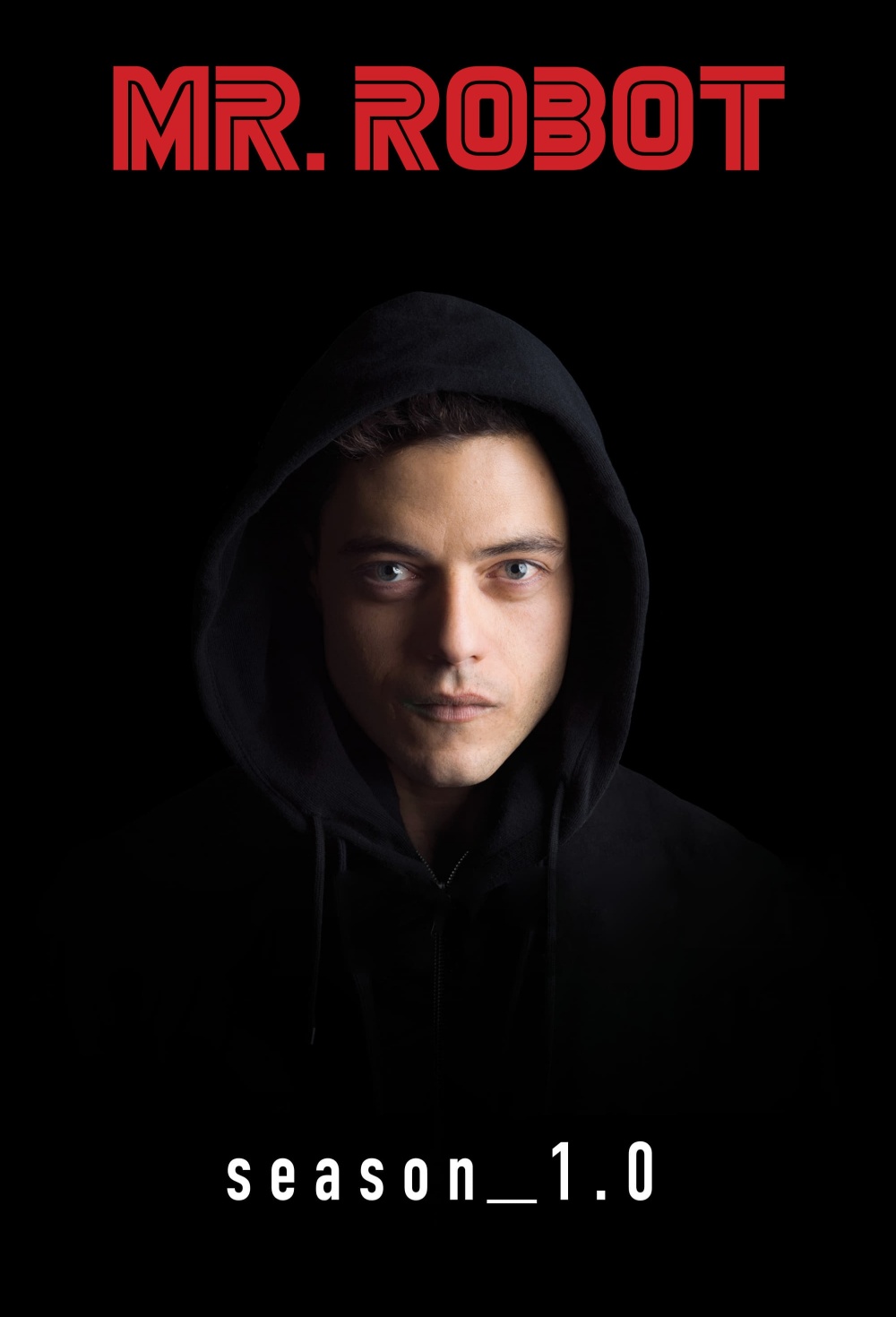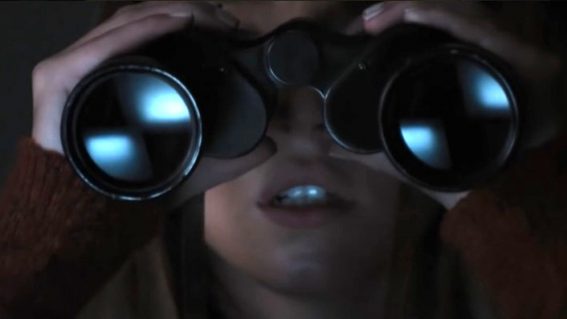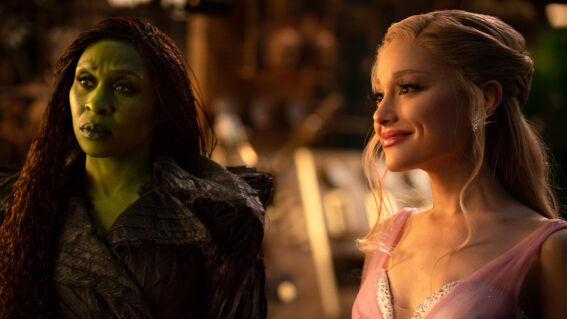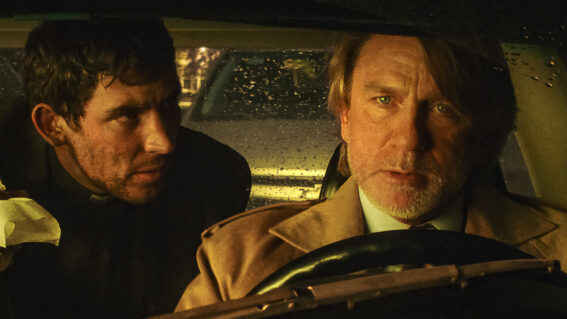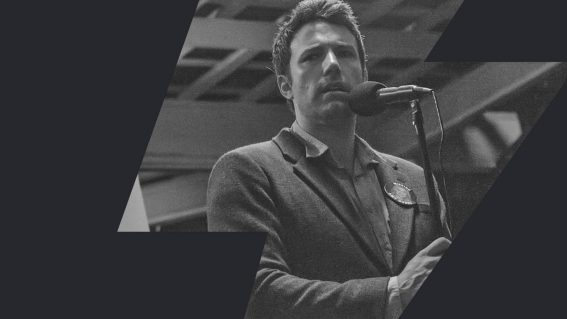10 years on, Mr. Robot remains thoroughly relevant
A series depicting cybersecurity, hacking and corporate greed could date quickly – and yet Mr. Robot is more than the sum of its tech storylines.
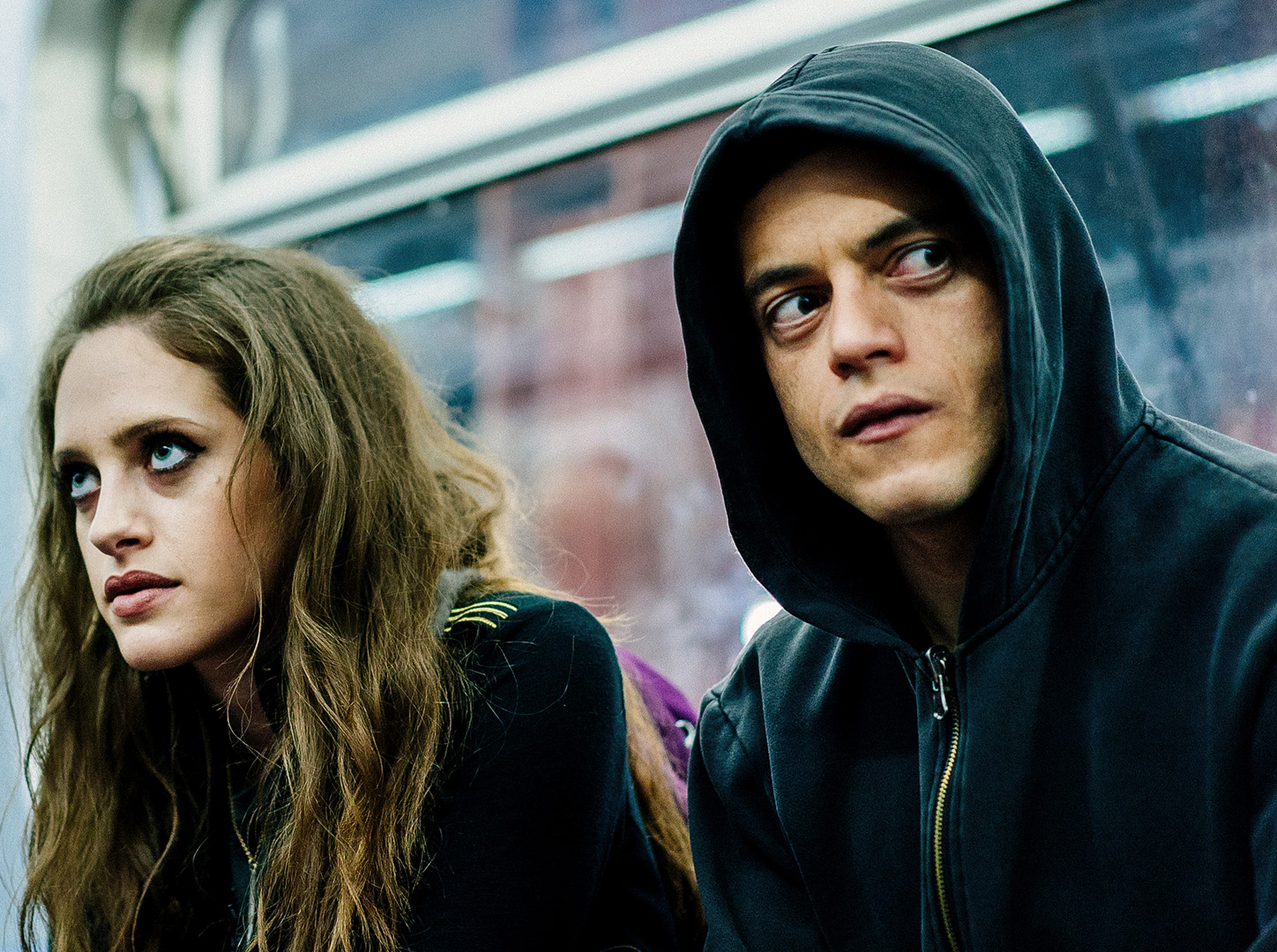
Time’s often unkind to techno-thrillers, so how did a show from last decade crack the code? Cat Woods revisits Mr. Robot – streaming on Prime Video.
How the dial shifts in merely a decade. The concept of a cybersecurity corporation named “Allsafe” elicits more of a cackle (or a snigger) today than it did in 2015 when Mr. Robot debuted. There’s a hacking industry in 2025 that was merely burgeoning 10 years ago—including present-day Cambodian hacker “factories” full of kidnapped, enslaved workers plugging romance scams, Russian and Chinese propaganda machines fully dedicated to social media infiltration, and attacks to hack and steal data from major national and international organisations or to blackmail CEOs.

In this context, a series depicting cybersecurity, hacking and corporate greed could become dated nearly as quickly as it screens, and yet Mr. Robot is more than the sum of its tech storylines. The series was the vehicle for Rami Malek to showcase his extensive, impressive depth as an actor to the world, leading to roles as Freddy Mercury in Bohemian Rhapsody and a leading role in this year’s thriller The Amateur alongside Laurence Fishburne (his role in this is arguably a less intriguing version of Malek’s anxious, hyper-vigilant Elliot Alderson).
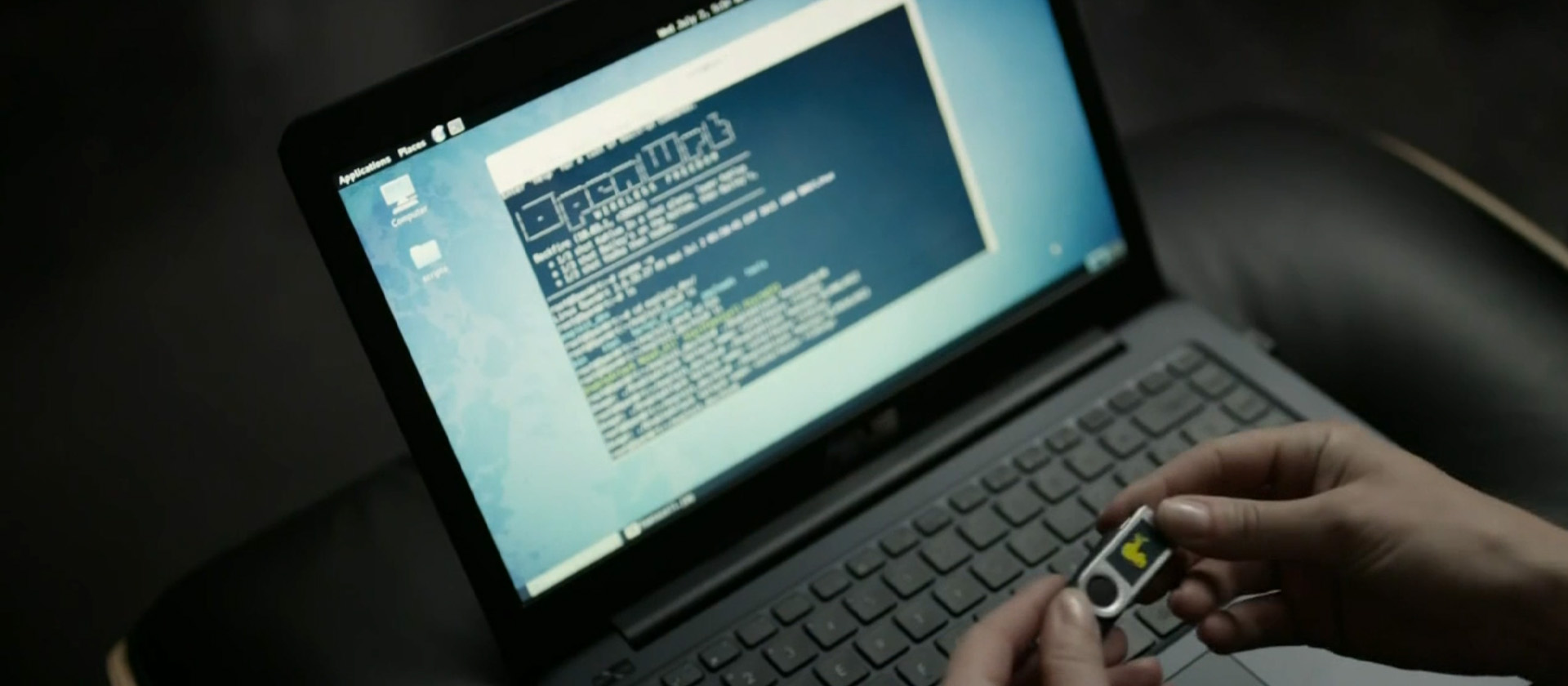
There’s a blueprint for oddball, hacking geniuses that Mr. Robot both respects and cleverly deviates from. Think of Girl With The Dragon Tattoo, Snowden, The Matrix and Hackers (an underrated moment of Y2K fashion genius, at least!). You’ve got lone wolves: socially inept, smartass young hackers with choppy haircuts and impatient tics urgently tapping away at keyboards, glancing meaningfully at screens.
What Mr. Robot does with panache is give us that lone wolf genius in Elliot, while not confining him to merely some anxious tics and sociopathic tendencies. His deeply personal, if not always honest, narration reaches directly beyond the screen to connect with us in what feels like a very intimate, direct style. Sure, he berates us and withholds information from us, but that only makes him more intriguing. Sometimes his silence or lies are deliberate, but usually they’re the result of his own psychological torment and confusion.
There’s a reason, ultimately, that the series has amassed a trophy room’s worth of Emmy Awards, Golden Globes, and a Peabody.
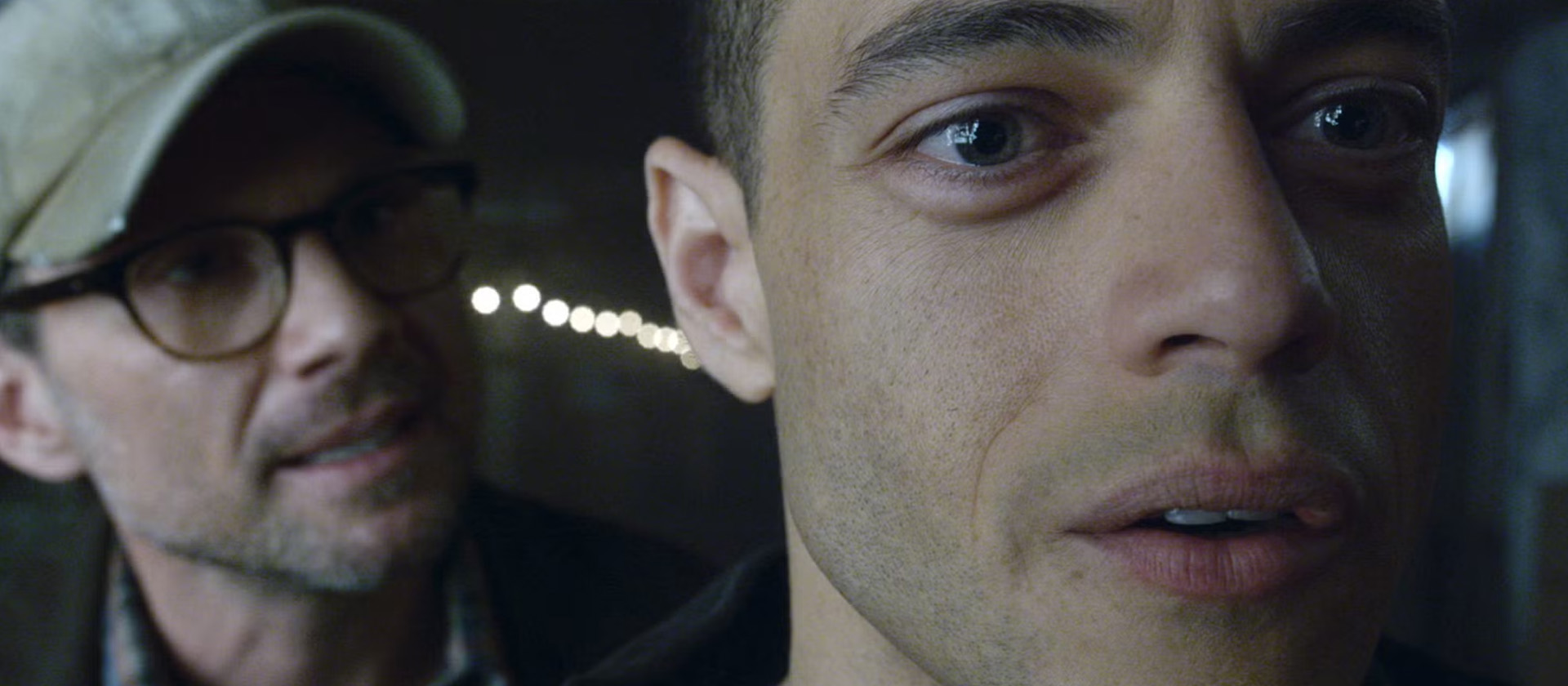
The complexity of creator and director Sam Esmail’s series has attracted an intelligent, attentive fan base, but let me emphasise that you can ‘get it’ as long as you don’t multitask during this show. There are fine threads running under the surface that require your full attention and curiosity to follow through.
Let’s rewind to the basics. Elliot is a cyber engineer working for Allsafe. He’s a genius, naturally, but plagued by anxiety, addiction, dissociative personality disorder and depression. He’s restless, and perfectly vulnerable to an approach by the mysterious Mr. Robot (Christian Slater) to join fsociety, an anti-capitalist hacker collective determined to play Robin Hood in the digital age (you know, robbing the rich to feed the poor).
Is this a crime procedural then? The plotline could lend itself to being merely a tech-focused crime and justice thriller, which would make sense in a movie setting, but Mr. Robot is so much more crafted towards an extended, gradual narrative with a lead as complicated as Elliot. “Every relationship is a power struggle,” he mused in season two. “Some of us need to be controlled.”
Who has the power, and who is doing the controlling is a puzzle, and sometimes we’re just as confused as Elliot. There’s familial loyalty and disloyalty, most poignantly in the relationship between Elliot and his younger sister and fellow fsociety hacker, Darlene (portrayed by the brilliant, magnetic Carly Chaikin). There’s also the developing, complex conflict between Elliot and his long-time drug dealer, Fernando Vera (Elliot Villar).
But for all the relationships between Elliot and ongoing or guest characters, it’s Elliot himself who remains the focal point of the series throughout four seasons and nearly 50 episodes. Oh, and the music—which is undeniably a huge reason the show has nailed big dramatic, emotionally wrenching dynamism. Soundtrack guru Mac Quayle has been up for numerous awards throughout the series, for good reason.
Today, Hackers is cringeworthy, and The Matrix has been co-opted by conspiracy theorists. But, Mr. Robot remains thoroughly relevant, perhaps more so than in 2015. Consider Trump as representative of the nefarious corporate world that fsociety is committed to disarming and disempowering. Who would have imagined a US President buddying up to the Russian President, denying election results, dismembering public health, public media, and launching his own crypto meme-coins? Logic and rationality have failed to topple his popularity. Even the MAGA conspiracists have stuck with him in the Epstein saga.
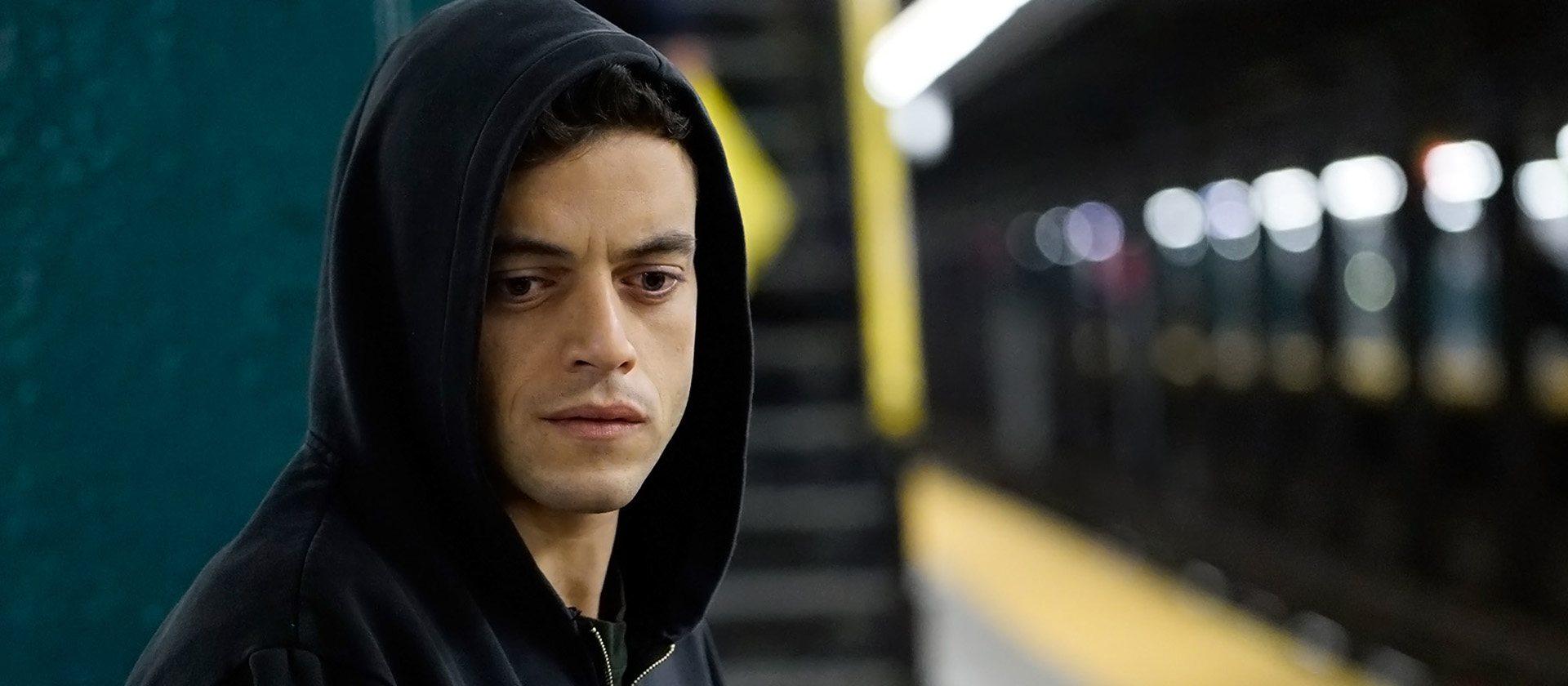
Perhaps the only solution is a Mr. Robot and the united, determined, recklessness of Elliot, Darlene and Mr. Robot himself. If the series is all new to you, then “Hello, friend” as Elliot would say, and if you rode the highs and lows of the series as it unfolded over the last decade, I’d invite you to rewatch a modern classic in the present geopolitical context and be reassured that, however strange we are, or different or alienated we feel, Elliot may have been right in season 4.
Mired in his own self-sabotage, and an exhaustion with the nature of the world and human beings, he asks, “What if changing the world was just about being here, by showing up no matter how many times we get told we don’t belong…?”
He concludes, “Maybe, the world can’t help but change around us.”





